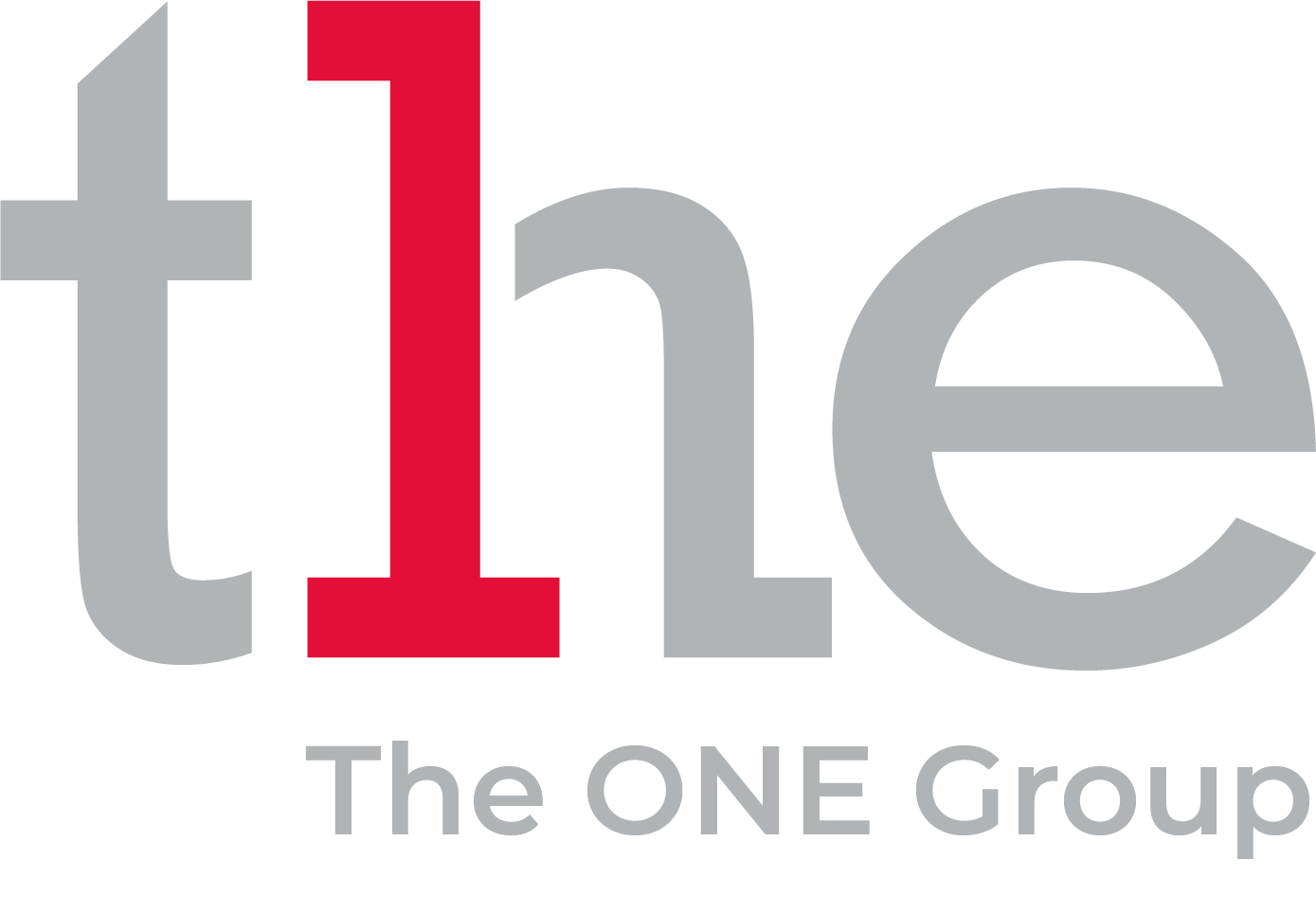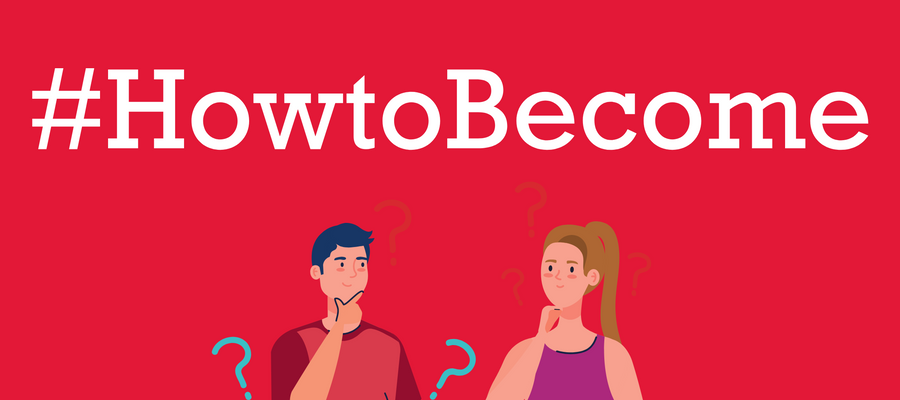Deciding on a career path can be difficult at the best of times, with so many opportunities on the table, being sure which direction to take can often be stressful and not always clear.
Combinations of sector, industry and job role are almost endless, so once you've made your choice, how do you know it is the right one, how do you understand what a role truly entails and how do you map your progress to journey's end.
The 'how to become...' series explores a number of successful journey's and provide insights to aid your career decision-making. To do this we have interviewed successful business leaders, employees and employers to find out how they got to where they are today, giving insight into a range of different job roles, offering first-hand advice on how to improve your potential and employability.
Carole Godding - HR Administrator to HR Director
How did you decide this career was for you?
I found I could be considerate to people, creative with ideas and had an aptitude for HR. It made sense to me and I enjoyed thinking through issues and solving problems.
What is the best thing about your role?
I can create positive solutions to business problems, influence people’s future careers and find the most positive future outcomes for both.
During your development, what skills would you say are essential for your role?
A great deal of listening, coaching and influencing. Logical thinking helps and not necessarily conforming whilst balancing risks, but also not being afraid to fail gives you the ability to experiment and learn. The confidence to think logically through new experiences and reflect on the positives builds more confidence as you go along. Thinking outside the box as they say, or not even having a box!
What advice would you give to someone looking to develop these skills?
Look to the CIPD professional standards, develop good HR networks and find a mentor to help you develop your thinking and behaviour. Keep finding out about different aspects of HR to keep your skills agile and to decide which areas you’d like to know better. Make sure you constantly educate and keep up to date with trends not only employment law. Understand more than one business sector and be brave enough to hop sectors for a good career progression. Embrace projects when they come along as you can learn a lot from experiences. Get to know yourself well, both strengths and weaknesses. Use others to help you develop. You can evolve your weaknesses with practice!
What are the biggest challenges you've faced during your development?
The biggest challenge has been learning constantly and fast enough to keep up with the enduring pace of change to get ahead with your thinking, it helps you be more decisive.
It was a real challenge altering my ability to be personally resilient in line with the pressures of a more senior role. The more senior the role, the more accountability you have, so being able to manage my ability to respond to pressure needed to be different. I found it hard to come to terms with people’s expectations that as a HR Director you should know everything about everything in HR from law to payroll, and not to have a bruised ego or feel inadequate when others know more than you do. Pacing myself was a challenge as I wanted to do so much to positively impact the business that my staff were exhausted! I wish someone had told me (although I probably wouldn’t have listened) to accept you will fail at something you do at some point and you need to be able to objectively reflect and not beat yourself up about it, just dust yourself off and learn from it, whilst not being afraid to say sorry. Most of all not being afraid to be yourself, not trying to be something your not as you think that’s what everyone expects, keep it real.
How have you overcome these challenges?
I allow myself time to read, even if it’s just a few minutes a day, then research a subject intensively when I need to and have more time, I try not to feel less productive when reading as it’s all part of the job. You need an equal balance of reading and doing to be effective in your decision making.
By taking note when faced with pressure and learning how to adapt myself or my behaviours. Reflecting personally on failures helped, but not beating myself up was hard. I have failed monumentally at some points in my career but survived to tell the tale and learnt from each one (yes there has been more than one occasion but now I’m not ashamed to admit it!). My favourite saying is that’s why pencils have rubbers and cars have bumpers!
I’m more self-assured in myself because I know who I am, warts and all, but don’t just accept it and try to shape my weaknesses as much as I can. I’ve learnt to prioritise work activity and not try to do everything immediately, even if I want to. I’ve resisted living up to people’s expectations of me and to listen more to other people’s contributions, as I’ve found I worked with some fantastically knowledgeable people.
Bypass any feelings of inadequacy and enquire more of those who know more than you do, drop the ego.
Give one piece of advice for a potential candidate joining your business
Embrace change positively as this helps find the best solutions even in challenging situations, even when you don’t feel it’s the best thing. Change is constant, so see it coming and be ready for it.


